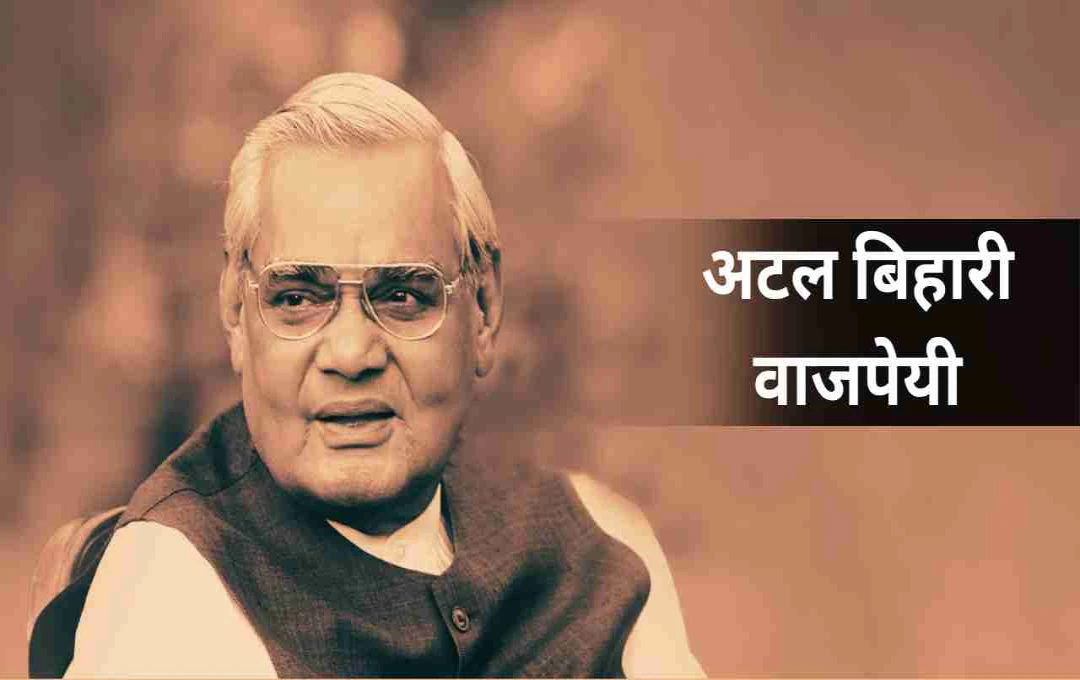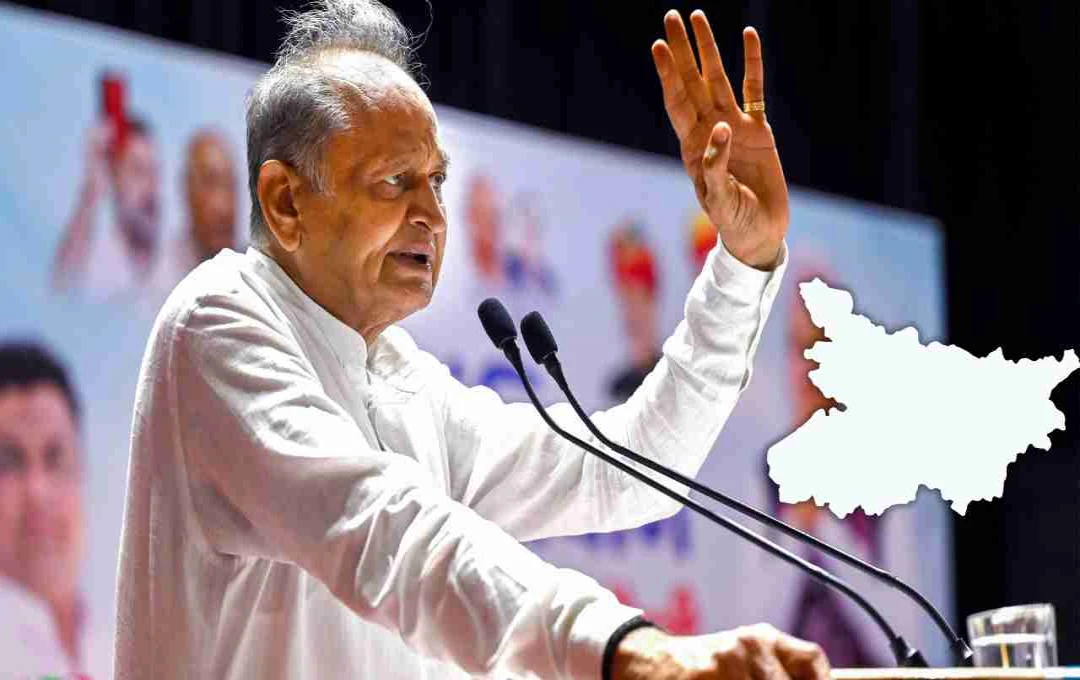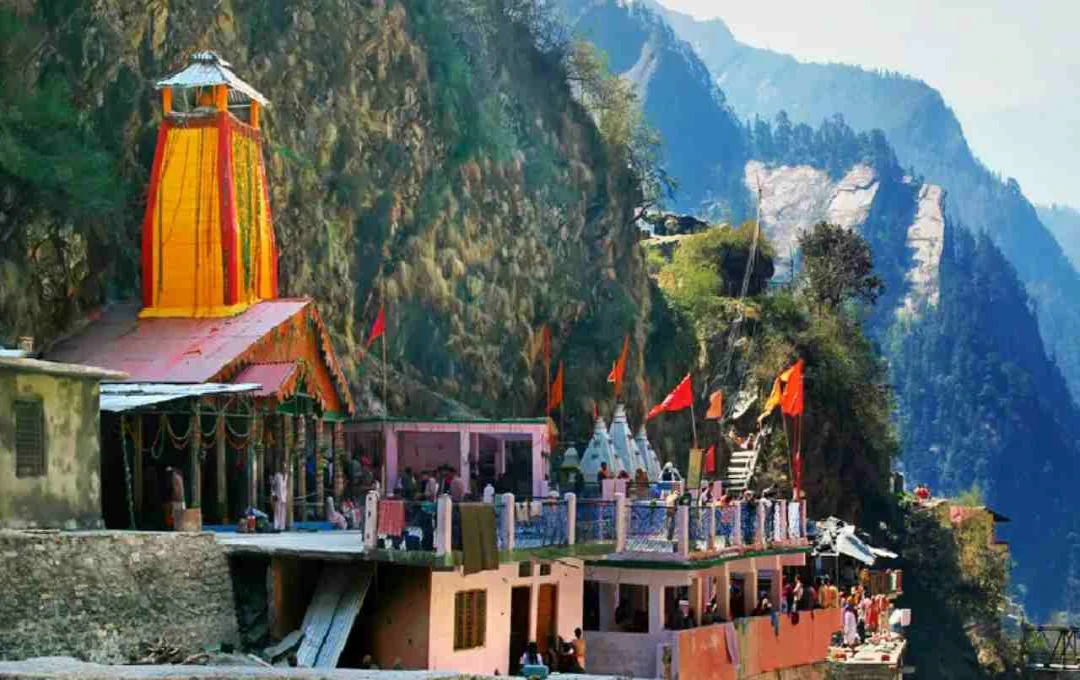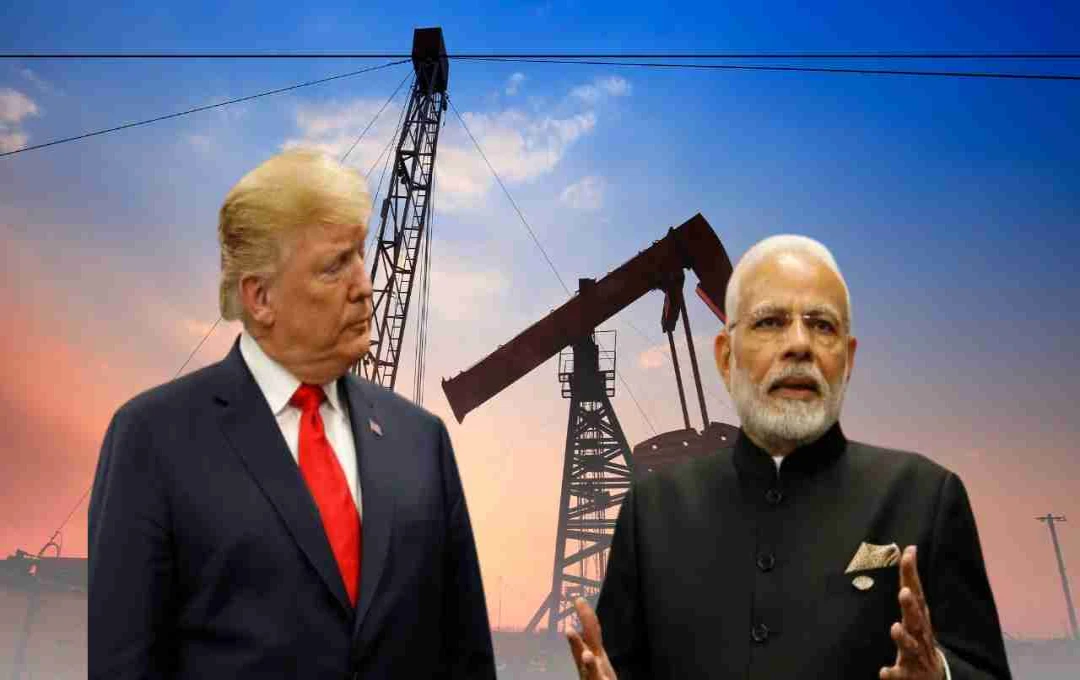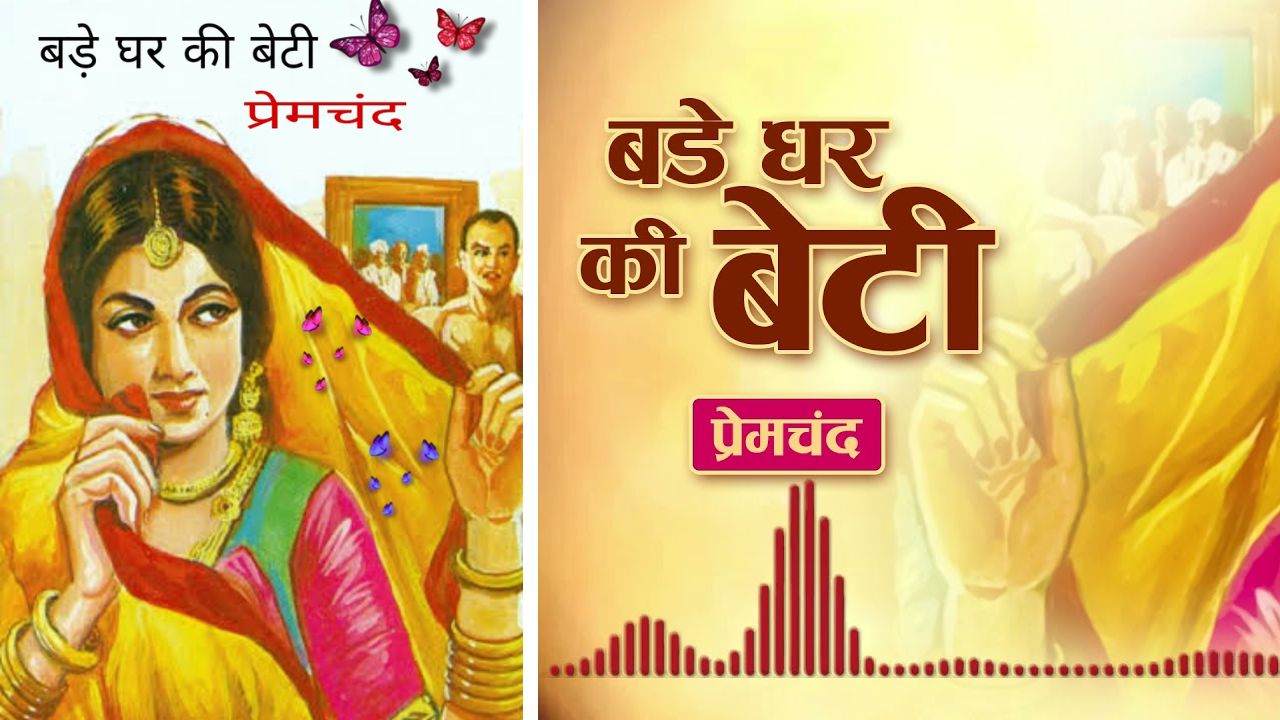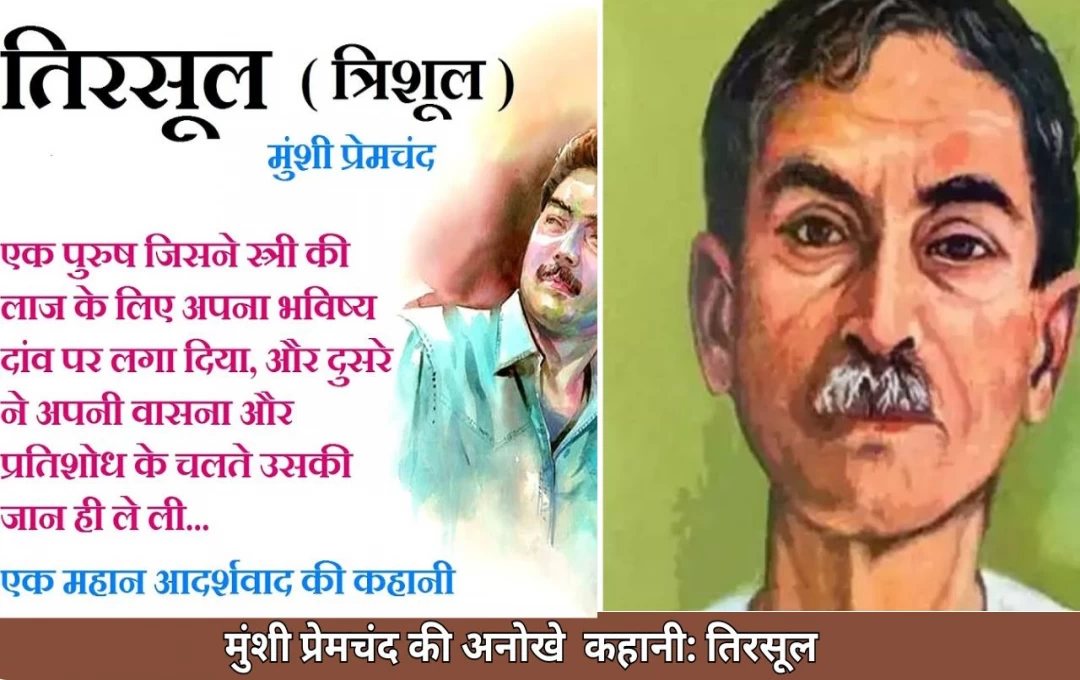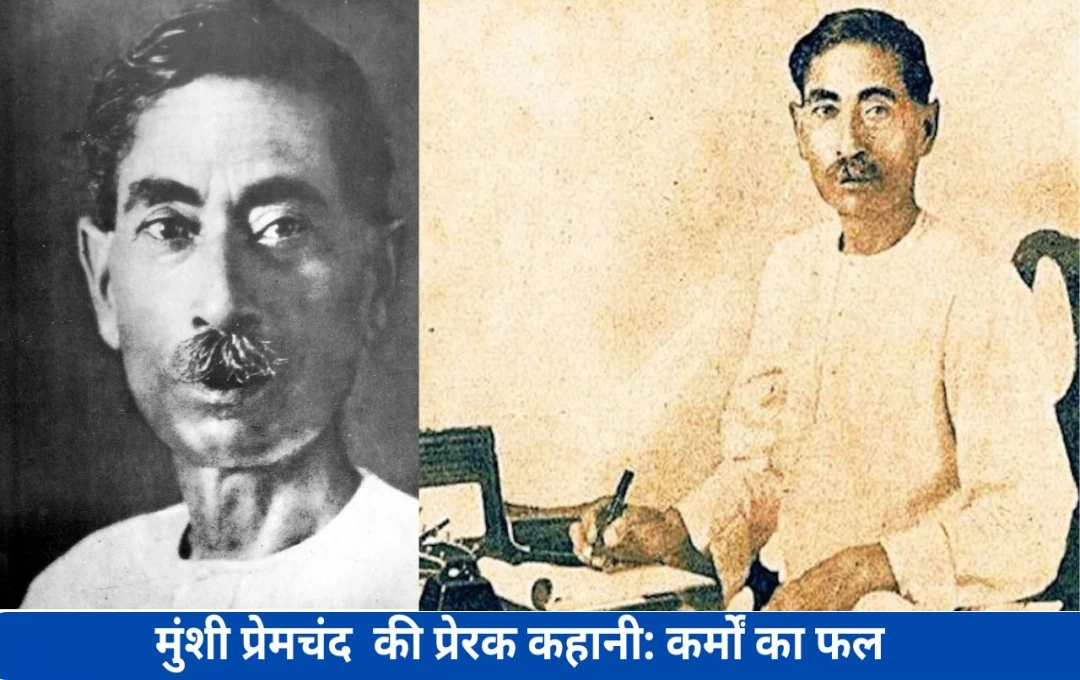Born on December 25, 1924, in Gwalior, Atal Bihari Vajpayee was not just a politician; he was an era, a carrier of an ideology, and a poet whose pen resonated even in the corridors of power. Atal Ji's entry into Indian politics was not merely to attain power, but a vow of public service and nation-building, which he fulfilled throughout his life.
Early Life: From Teacher's Son to Bharat Ratna
Atal Ji's father, Krishna Bihari Vajpayee, was himself a teacher and poet, from whom Atal Ji inherited a legacy of literature and moral values. During his education in Gwalior, he joined the Rashtriya Swayamsevak Sangh (RSS), choosing the path of national service. After obtaining an M.A. in Political Science from Kanpur, he began to guide society through journalism and writing.
Beginning of Politics: From Voice to Victory
In 1957, he started his parliamentary life by winning his first Lok Sabha election from Balrampur. It was here that the power of his voice gave him a special identity in Parliament. His speeches were infused with facts, logic, and brilliance, which set him apart from other leaders. As the President of the Bharatiya Jana Sangh from 1968 to 1973, he strengthened the ideology. Then, in 1980, he played a decisive role in the formation of the Bharatiya Janata Party and became its first President.
The Journey to Becoming Prime Minister: Three Times, Three Experiences
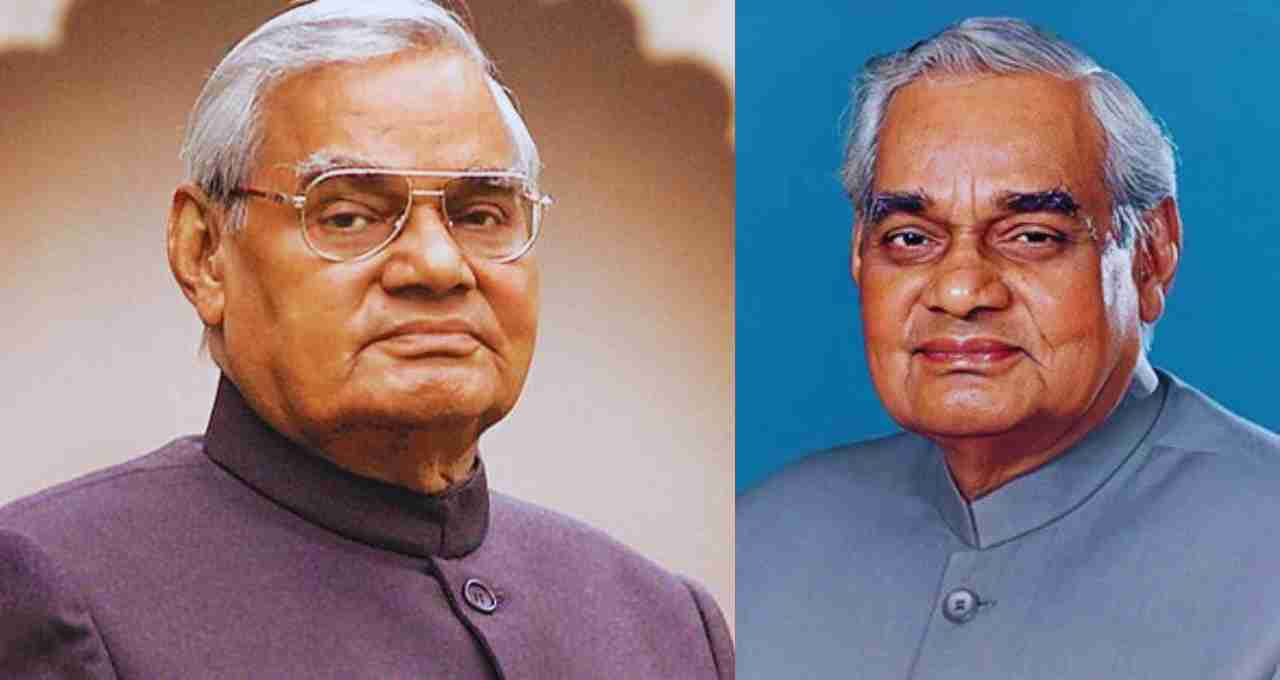
Atal Ji served as Prime Minister three times:
- The first time, a short-lived government of only 13 days (May 1996).
- The second time, an eight-month coalition government in 1998.
- The third time, a stable government from 1999 to 2004 lasting five years – which became an example of stability in coalition politics.
He was the first non-Congress Prime Minister to complete a five-year term without any obstacles. This became a historic example for coalition governments.
India on the Global Horizon: Pokhran and Diplomacy
In 1998, by conducting the Pokhran-II nuclear tests, he made India a self-reliant and self-respecting nation. Evading American satellites, this test was proof of unimaginable strategy. After this, he also faced international sanctions with fortitude. He also tried to improve relations with Pakistan. The Delhi-Lahore bus service and dialogue with Nawaz Sharif are examples of this. However, the Kargil War jolted that peace effort, but Atal Ji, while respecting the sanctity of the borders, strategically led the army to victory.
Direction of Development: Golden Quadrilateral and Infrastructure Revolution
Atal Ji restructured the basic infrastructure of the country. By building roads connecting the four corners of the country under the 'Golden Quadrilateral Project', he realized the dream of modern India. The foundation of development that was laid during his reign set standards for future governments. The Atal era is seen as India's fundamental revolution in the fields of telecom, roads, railways, electricity, water, and information technology.
Poet and Thinker: Sensitivity Even in Power
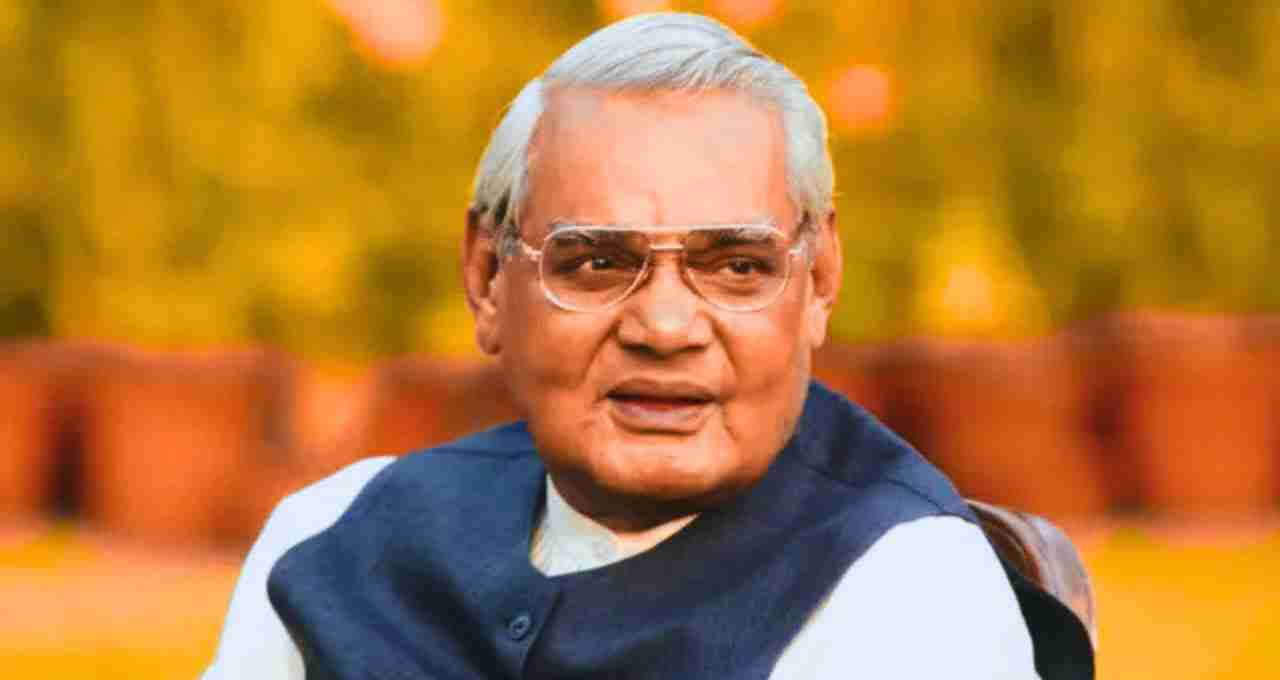
Even in the noise of politics, the poet within Atal Ji always remained alive. His sensitivity, patriotism, and introspection are reflected in works such as 'Meri Ikyavan Kavitaen' (My Fifty-One Poems), 'Kaidi Kaviray ki Kundaliyan' (The Prisoner Poet's Couplets), 'Amar Aag Hai' (The Fire is Immortal). He himself had said: 'My poetry is a declaration of war, not a prelude to defeat.' His poems resonated in the corridors of power as refinement and a call of the soul.
Final Phase: The Glory of Silence
After 2005, Atal Ji retired from active politics. But his presence remained in the minds of the country. In 2015, he was awarded the Bharat Ratna, this honor was given not only to a leader but to an epoch-making figure. When Atal Ji took his last breath on August 16, 2018, the entire country wept. Millions of people paid tribute to him in his final journey. His memorial, named 'Sadaiv Atal' (Forever Atal), has been built near Rajghat, which still testifies to his devotion to the nation.
Atal Inspiration: For Today's India
Atal Bihari Vajpayee is not just a memory of the past. He is an inspiration for the present and the future. His personality teaches that politics can also be done with truth, dialogue, and sensitivity. He remained restrained and humble even at the top of power. He considered politics as a medium of service and India as the subject of his poetry. He was truly a 'true son of Bharat Mata' (Mother India), who served the nation until his last breath.
Atal Bihari Vajpayee's life is a poem – imbued with heroic sentiment, nourished by policy, and infused with patriotism. He showed that politics is not just a game of power, but a vow of service to the country. His life and thoughts are still relevant today – whenever the nation is in crisis, whenever there is a need for dialogue, whenever the direction of development has to be determined – Atal Ji's words and policies provide inspiration.
